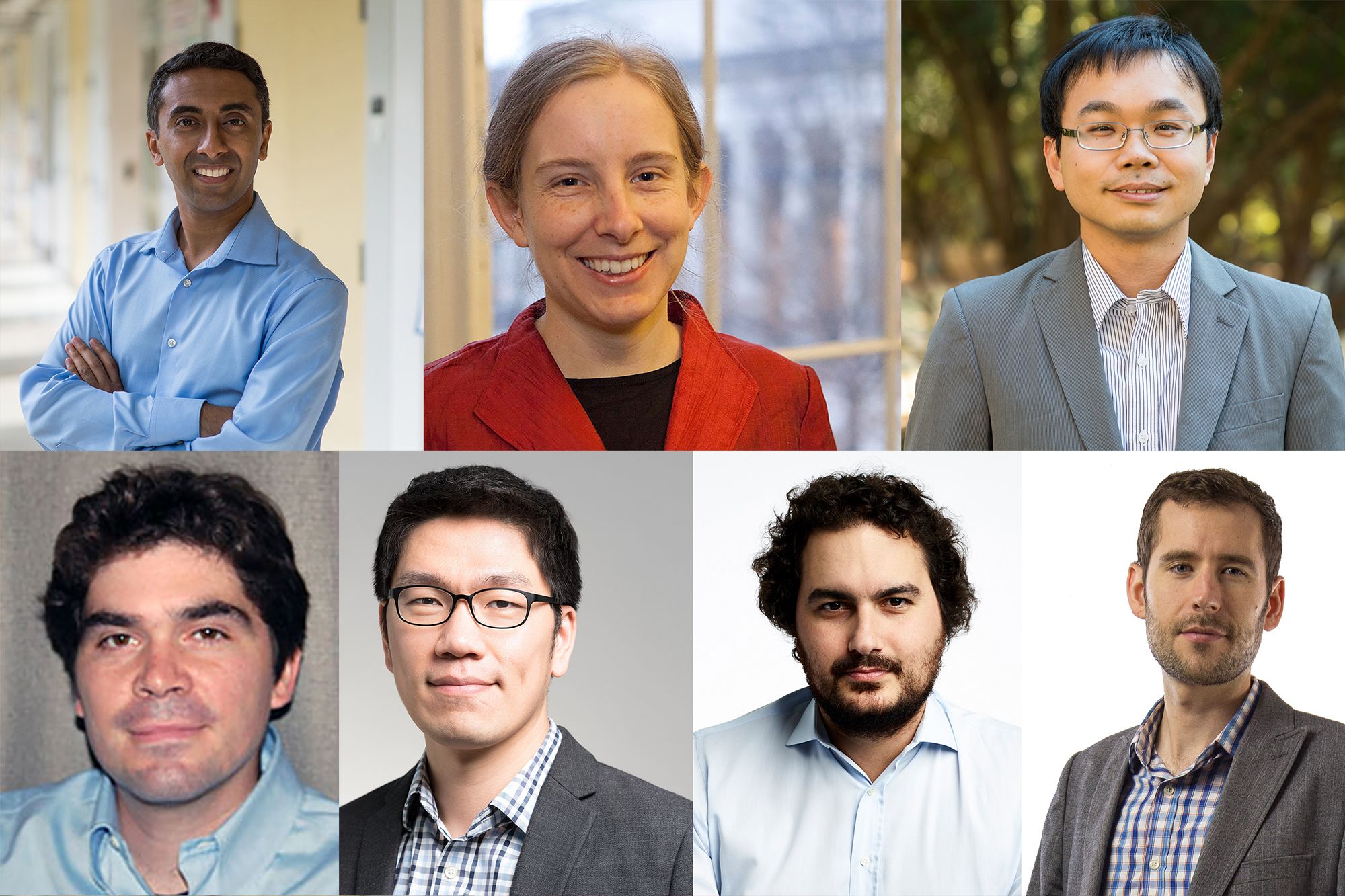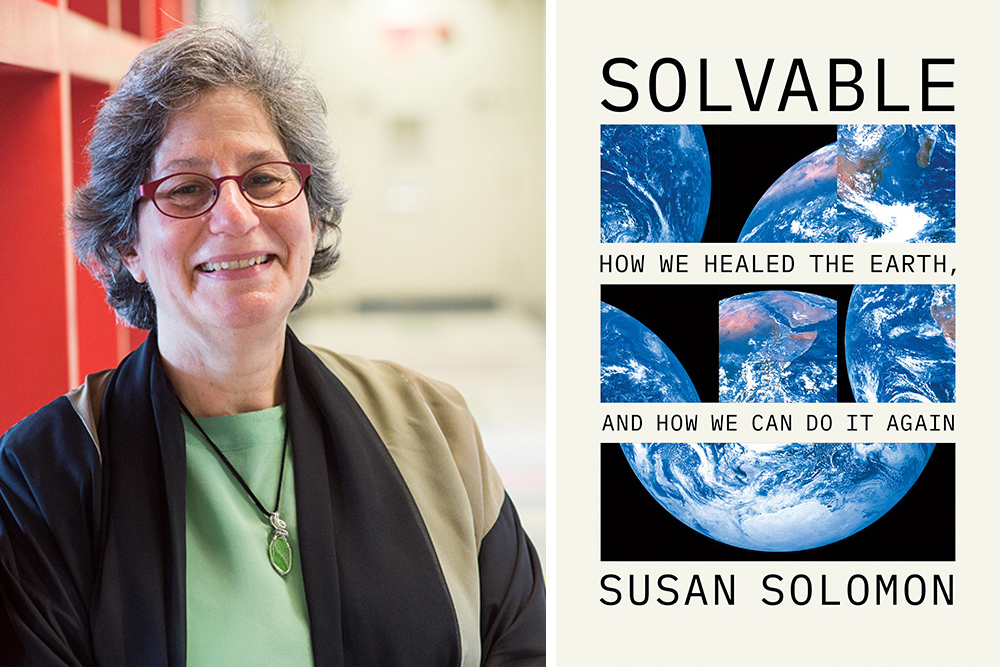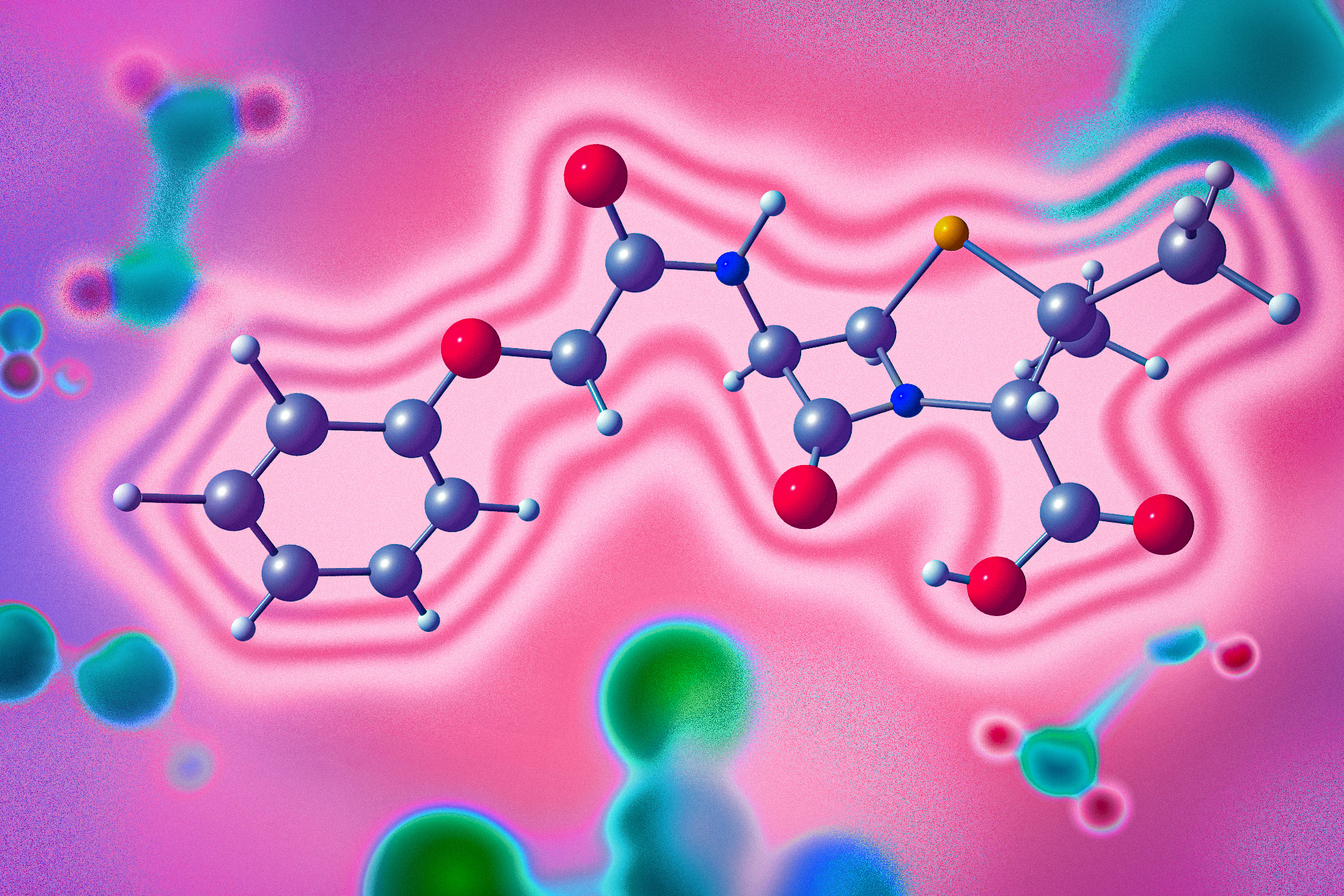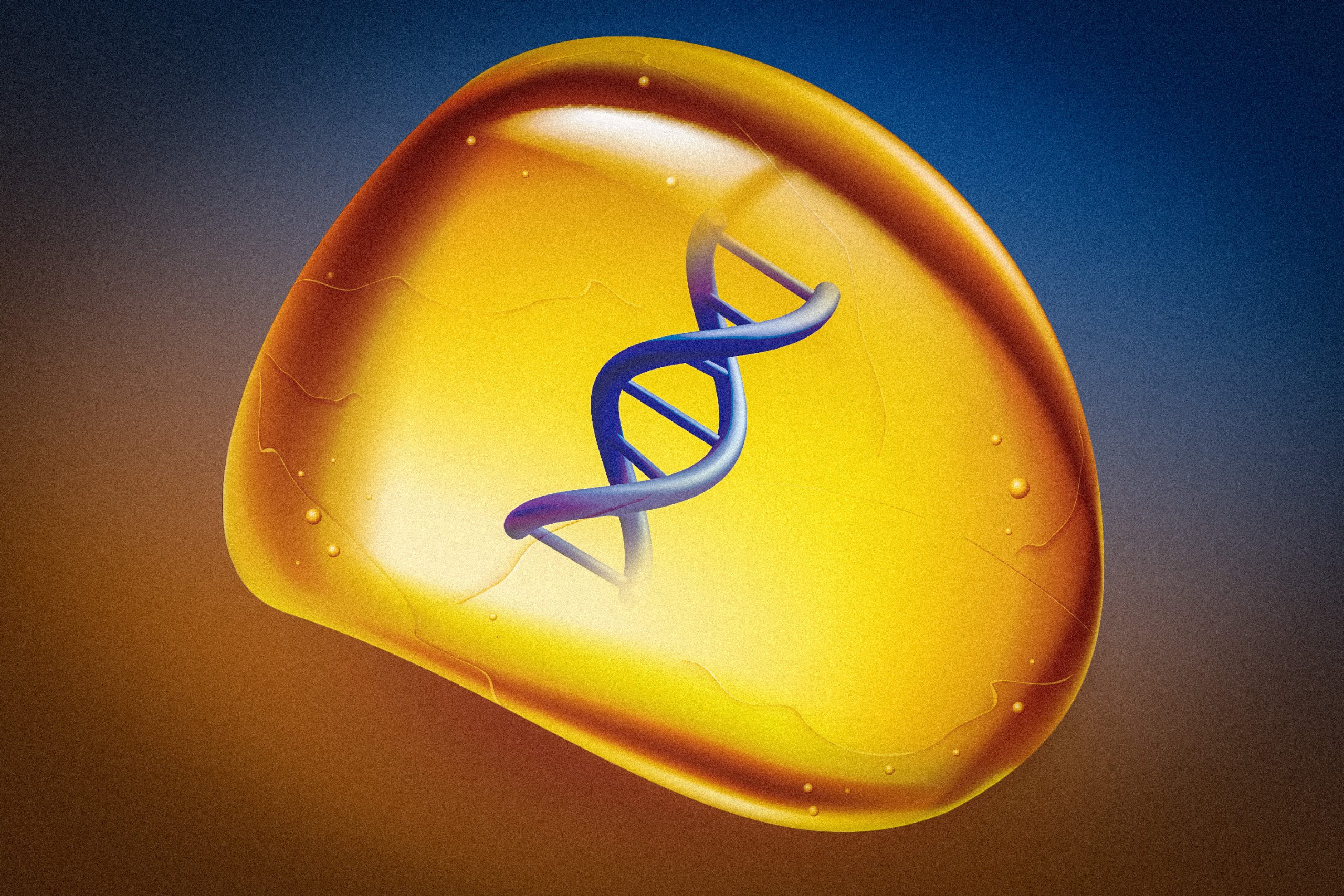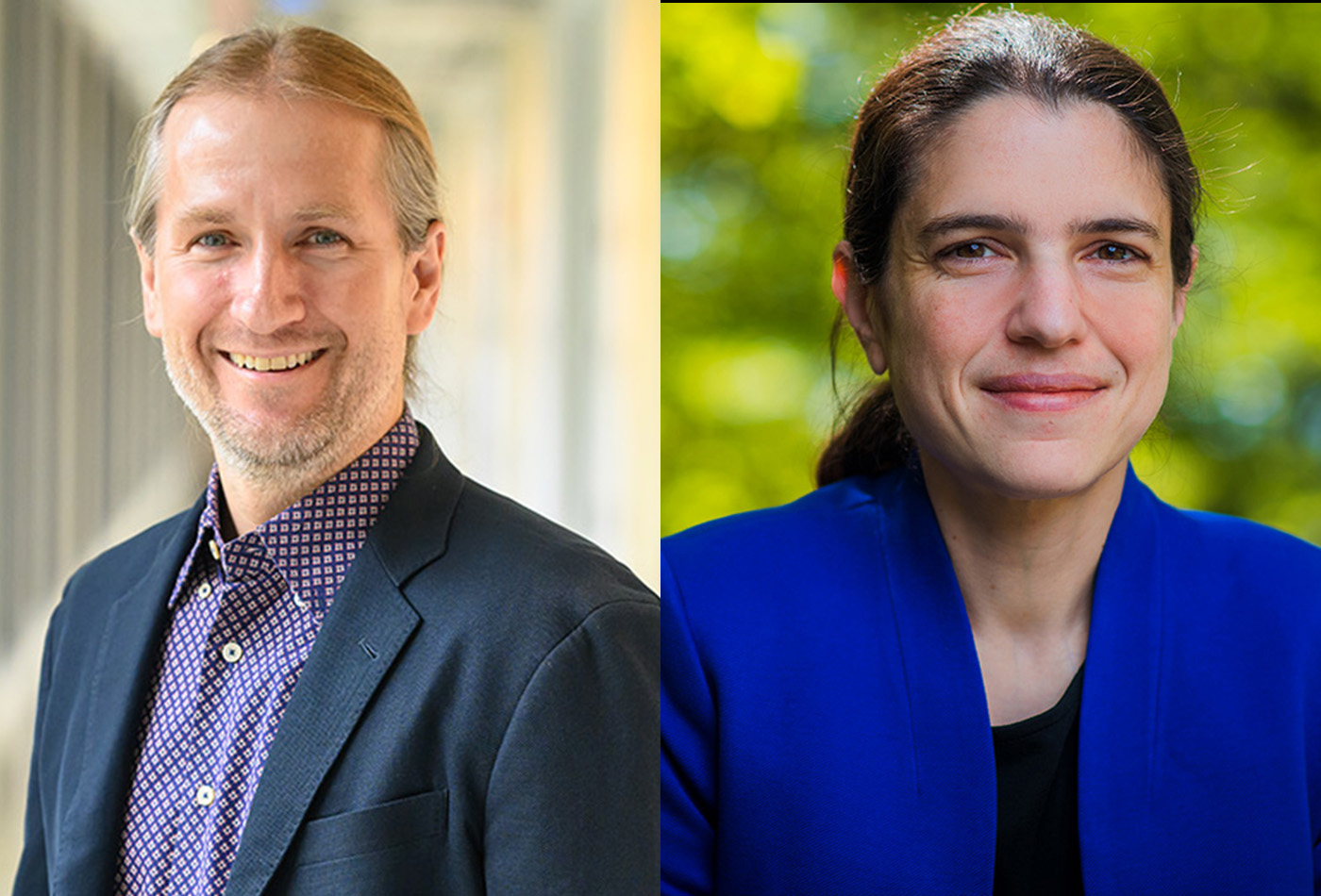Seven MIT faculty win 2019 Presidential Early Career Awards
Checkelsky, Chung, LeBeau, Yen-Jie Lee, Marelli, Slatyer, and Surendranath receive the highest U.S. award for young scientists and engineers.
Seven MIT faculty members were among the more than 300 recipients of the 2019 Presidential Early Career Awards for Scientists and Engineers (PECASE), the highest honor bestowed by the U.S. government to science and engineering professionals in the early stages of their independent research careers.
Those from MIT who were honored were:
- Joseph Checkelsky, assistant professor in the Department of Physics;
- Kwanghun Chung, associate professor in the departments of Brain and Cognitive Sciences and Chemical Engineering
- James M. LeBeau, the John Chipman Associate Professor of Materials Science and Engineering;
- Yen-Jie Lee, the Class of 1958 Career Development Associate Professor in the Department of Physics;
- Benedetto Marelli, the Paul M. Cook Career Development Assistant Professor in the Department of Civil and Environmental Engineering;
- Tracy Slatyer, the Jerrold R. Zacharias Career Development Associate Professor of Physics; and
- Yogesh Surendranath, the Paul M. Cook Career Development Assistant Professor in the Department of Chemistry.
All of the 2019 MIT recipients were employed or funded by the following U.S. departments and agencies: Department of Defense, Department of Energy, and the Department of Health and Human Services.
These departments and agencies annually nominate the most meritorious scientists and engineers whose early accomplishments show exceptional promise for leadership in science and engineering and contributing to the awarding agencies’ missions.
Established by President Bill Clinton in 1996, the PECASE awards are coordinated by the Office of Science and Technology Policy within the Executive Office of the President. Awardees are selected for their pursuit of innovative research at the frontiers of science and technology and their commitment to community service as demonstrated through scientific leadership, public education, or community outreach.

